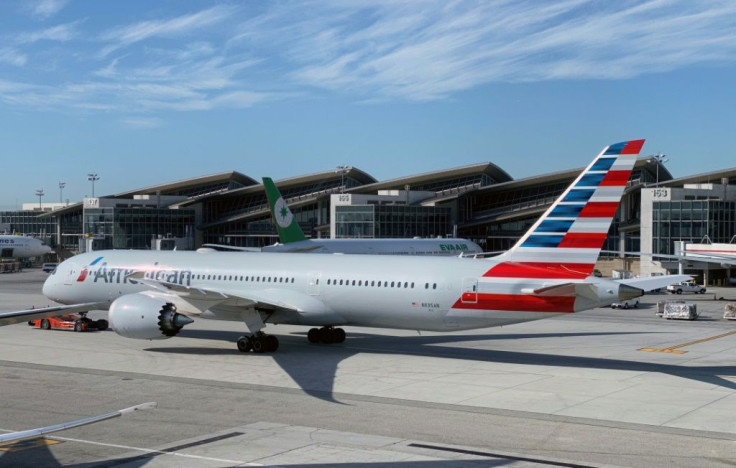US Airlines Desperate For Cash But Fear Government Involvement

US airlines have been all but paralyzed by the coronavirus, and as they face an uncertain future they have turned to Washington for financial help, but that might mean ceding part of their companies to the federal government.
Industry sources say a behind-the-scenes tug of war has begun between airline executives and the US Treasury, which is in charge of distributing the $2.2 trillion stimulus package signed by President Donald Trump into law late last month that includes $50 billion specifically for airlines.
Treasury Secretary Steven Mnuchin has spoken of airlines as a priority, saying on Tuesday he was aiming to move "very quickly" to determine how to spend the money, half of which is earmarked to pay employee salaries through September 30.
The Treasury wants to avoid the impression that it is giving airlines a blank check, fearful of a repeat of the public ire that followed Washington's response to the global financial crisis more than a decade ago.
Aiming to get taxpayer money paid back, the government is considering taking an equity stake in airlines, at least temporarily.
That an outcome is one the four major US carriers -- Delta Air Lines, United Airlines, Southwest Airlines and American Airlines -- want to avoid, industry sources say, as they fear Wall Street would reject having the government as majority shareholder, even though the companies desperately need the cash.
Delta is forecasting a 90 percent drop in revenue in the second quarter, while American has cut 90 percent of its flights to and from New York, a major market.
American officially submitted its request for help last Friday, but in a sign of its reluctance has hired banker James Millstein to help in its negotiations with the government, a source said.
A veteran of debt restructurings, Millstein was the architect of the 2009-2011 rescue package for banks and financial institutions during former president Barack Obama's term.

Southwest only made its request for the money at the last minute, a spokesman said.
"Our goal is to evaluate all possible sources of capital that will help protect our employees and our company's healthy footing," the spokesman said. "This is an option open to us so it is under consideration."
Treasury has asked the companies how they intend to compensate the federal government for the aid, and hired PJT Partners' bankers to discuss terms with the airlines.
The four carriers are currently in a weak position in these talks: they've spent $39 billion over the last five years pampering their shareholders, S&P Dow Jones Indices calculated, rather than preparing for a crisis like the one that now jeopardizes their survival.
If Treasury to tightens its demands, the airlines might respond by declaring bankruptcy, an option union leaders and Democratic lawmakers fear. US bankruptcy law protects companied from creditors while they restructure but usually at the expense of jobs.
"Tell Secretary Mnuchin: you can't leverage people!" said Delta AFA, the carrier's flight attendants union, which has launched a petition to get the Treasury to moderate its demands.
Four senior Democratic lawmakers, including Speaker of the House Nancy Pelosi, echoed their concerns in a letter sent to Mnuchin on Sunday and seen by AFP.
"Congress's clear intent in enacting this legislation was to provide direct assistance to airline and contractor employees, recognizing that bankruptcy is in neither those companies' nor their employees' interest," they wrote.
Aid "must not come with unreasonable conditions that would force an employer to choose bankruptcy instead of providing payroll grants to its workers," the letter said.
© Copyright AFP 2024. All rights reserved.




















